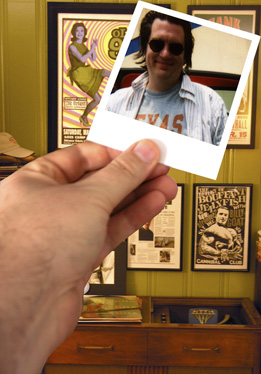Tony Bennett turns 80 this week and the New York Times printed an appreciation of his work that included an interested contrast of Bennett and Frank Sinatra:
Careers that last as long and have been as distinguished as Mr. Bennett’s have something to tell us about collective cultural experience over decades. It has been said that Sinatra’s journey from skinny, starry-eyed “Frankie,” strewing hearts and flowers, to the imperious, volatile Chairman of the Board roughly parallels an American loss of innocence. As Sinatra entered his noir period in the mid-1950’s, his romantic faith gave way to a soul-searching existentialism that yielded the most psychologically complex popular music ever recorded. Following a similar arc, the country grew from a nation of hungry dreamers fleeing the Depression and fighting “the good war” into an arrogant empire drunk on power and angry at the failure of the American dream to bring utopia.
Mr. Bennett is something else altogether. A native New Yorker and man of the people, he never strayed far from his working-class roots in Astoria, Queens, where he was born Anthony Benedetto. Although he came out of the same tradition of Mediterranean balladry as Sinatra, he retained the innocence and joie de vivre of his youth. Disappointment is not in his vocabulary. We don’t go to him for psychological complexity, but for refreshment and reassurance that life is good.
Believing in the power of art to ennoble ordinary lives, he sings what he feels with a rare mixture of humility and pride: humility in the face of the daunting popular-song tradition he treasures and pride that he is recognized as its custodian. Gratitude and joy, gruffness and beauty balance each other perfectly in singing that has grown more rhythmically acute with each passing year.

No comments:
Post a Comment